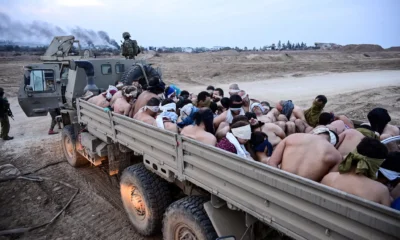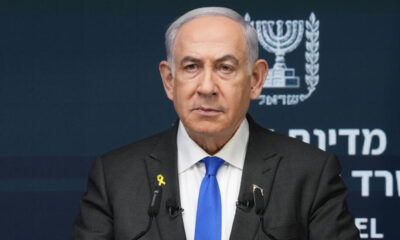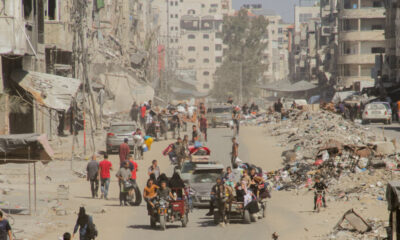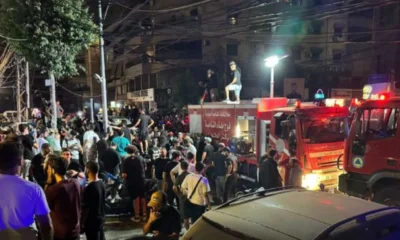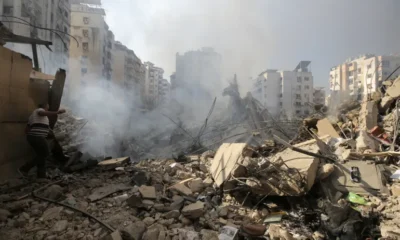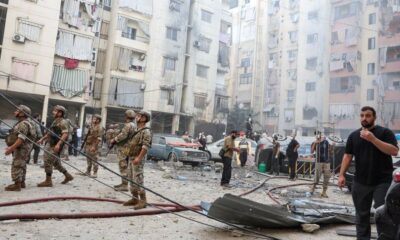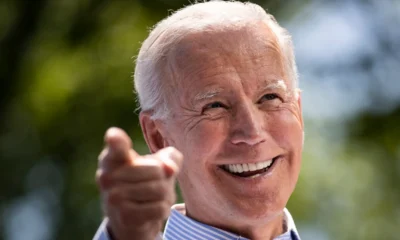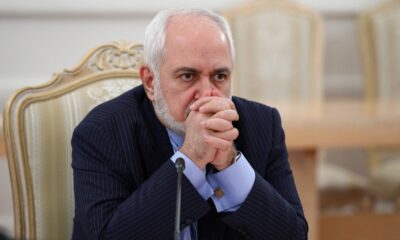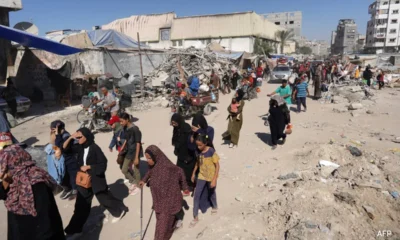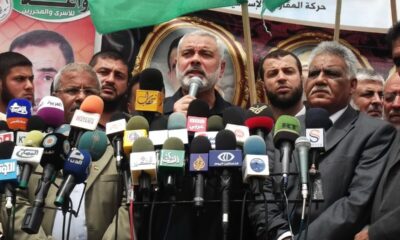NEWS
UN Court orders Israel to stop
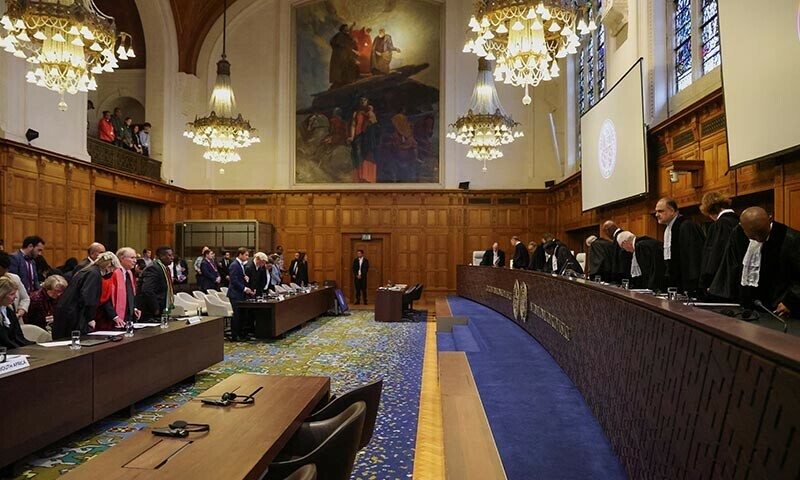
The United Nations’ top court has mandated that Israel immediately cease its military operations in the southern Gaza city of Rafah, heightening international pressure on Israel regarding its conflict with the Hamas militant group.
The International Court of Justice (ICJ) issued the order following Israel’s limited ground offensive in Rafah, which began on May 7 despite international appeals, including from the United States, to refrain from such actions. The court noted that over a million Palestinians sought refuge in Rafah before the offensive, with around 800,000 subsequently displaced.
“Israel must immediately halt its military offensive and any other action in Rafah which may inflict on the Palestinian group in Gaza conditions of life that could bring about its physical destruction in whole or in part,” stated ICJ President Judge Nawaf Salam on Friday, May 24.
Salam described the humanitarian situation in Rafah as “disastrous,” warning that conditions could worsen if Israel’s operations continue. The Israeli military has also seized Rafah’s border crossing with Egypt, a crucial route for humanitarian aid, which has remained closed since the offensive began.
The ICJ’s ruling includes an order for Israel to reopen the Rafah crossing for humanitarian assistance. The court determined that Israel’s evacuation and living conditions for displaced Palestinians are inadequate to mitigate the significant risks faced by the population.
Israeli officials have strongly condemned the ICJ’s decision. Yair Lapid, leader of the opposition party Yesh Atid, criticized the court for not linking the end of military operations in Rafah to the release of hostages and Israel’s right to self-defense. Former Prime Minister Naftali Bennett echoed these sentiments, stating on social media that the ICJ’s ruling gives terror organizations a method to escape accountability.
Conversely, Hamas praised the ruling but expressed disappointment that it was limited to Rafah, emphasizing that other areas in Gaza, such as Jabalya, face similarly dire conditions.
Although ICJ rulings are final and binding, the court lacks enforcement mechanisms, and its decisions have been disregarded in the past.
The recent ruling follows an urgent request filed by South Africa on May 10, accusing Israel of using forced evacuations in Rafah to endanger civilian lives, part of a broader genocide case against Israel during the seven-month conflict.
In response, Israel’s National Security Council and Ministry of Foreign Affairs issued a joint statement asserting that Israel has not and will not engage in military activities in Rafah that could lead to the destruction of the Palestinian civilian population. The statement also pledged continued efforts to facilitate humanitarian aid into Gaza and minimize harm to civilians.
This ruling coincides with the International Criminal Court’s (ICC) pursuit of arrest warrants for Hamas leaders, Israeli Prime Minister Benjamin Netanyahu, and Defense Minister Yoav Gallant on charges of war crimes and crimes against humanity related to the October 7 attacks on Israel and the ensuing war in Gaza.

